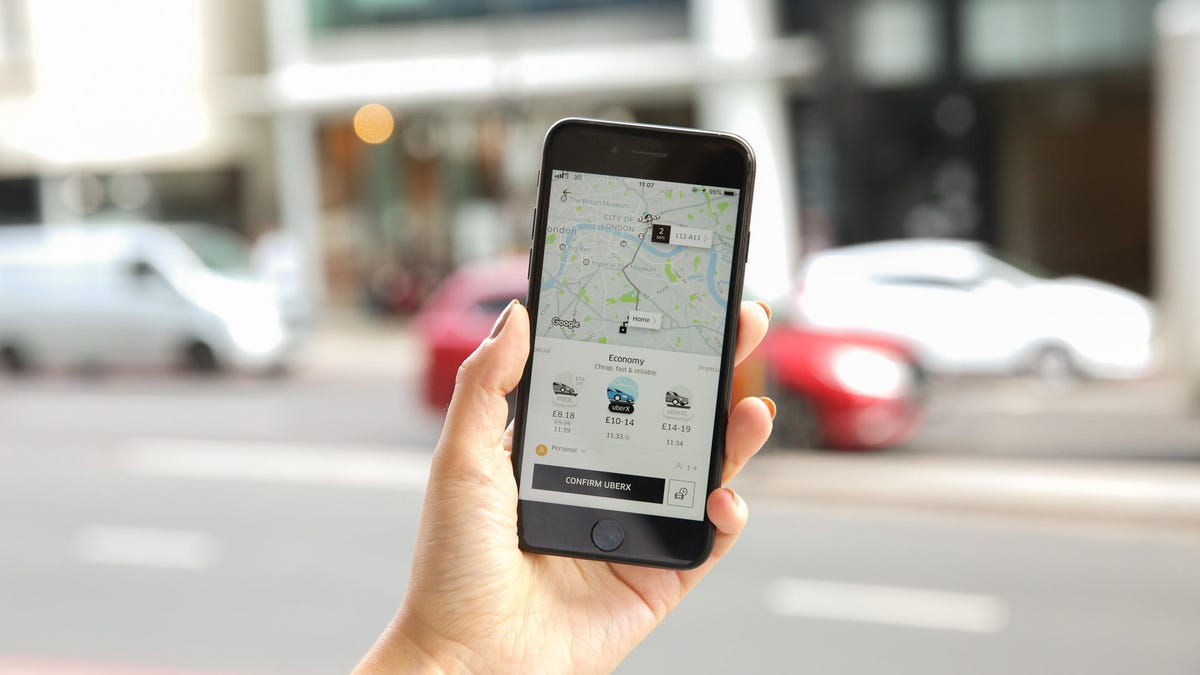Uber's 'clandestine campaigns' beat out rivals, Sidecar suit alleges
Uber says competition is the name of the game.

Uber first started out as a black car service with private drivers.
Uber is facing a new lawsuit that alleges it used anticompetitive practices and predatory pricing to beat out its ride-hailing competitors.
The suit was filed in US district court in San Francisco on Tuesday by Sidecar -- the now defunct ride-hailing pioneer that was one of the first companies to introduce the idea of using a smartphone to connect drivers with people looking for a ride.
"If Uber had won the ride-hailing market on a level playing field, we would have been disappointed, but that's something we could have lived with," Sidecar co-founder Sunil Paul said in a statement Tuesday. "That's not what happened."
The lawsuit comes less than a week after Uber reportedly made a confidential filing for an initial public offering that's expected to value the company at as much as $120 billion. Lyft also confidentially filed for an IPO last week.
"We believe the timing of this complaint, filed three years after Sidecar went out of business, is not a coincidence," an Uber spokesman said in an email.
Sidecar's lawsuit alleges Uber lowered its prices drastically to undercut its competitors, so that it was operating at a "predatory loss." Additionally, the complaint alleges Uber's executives came up with "clandestine campaigns" geared toward making fake ride requests with Sidecar drivers. When the drivers were on their way, Uber would cancel the requests, according to the lawsuit.
"Because drivers were matched with fraudulent requests, they would be frustrated with Sidecar and, at the same time, real passengers who were looking for legitimate rides faced longer wait times," the lawsuit reads. "That triggered a vicious cycle that undermined the ability of Sidecar's app to challenge Uber in the marketplace."
Uber's spokesman said ride-hailing is a highly competitive industry "with many players coming and going over the years -- like Sidecar, not all have survived."
"Sidecar's lawsuit has it backwards: New competitors, along with low prices, benefit consumers and reflect the exact type of competition that the antitrust laws are meant to protect," he added.
Sidecar was founded in 2012, three years after Uber. But at that time Uber's product was centered on high-end black car rides with private drivers. Sidecar and Lyft both introduced peer-to-peer ride-hailing before Uber. But Uber quickly introduced its competing product UberX in 2013.
"Uber became hell-bent on stifling competition from competing ride-hailing apps," reads the lawsuit.
After trying to keep up with Uber and Lyft for several years, Sidecar ultimately folded in 2015. It sold its assets to General Motors in 2016.
"It was never a fair fight. That's why Sidecar failed," Paul said. "And it's also why both drivers and passengers are left with higher prices and fewer choices today. Now it is clear that Uber's predatory and anticompetitive strategy worked."
CNET's Holiday Gift Guide: The place to find the best tech gifts for 2018.
The Smartest Stuff: Innovators are thinking up new ways to make you, and the things around you, smarter.

